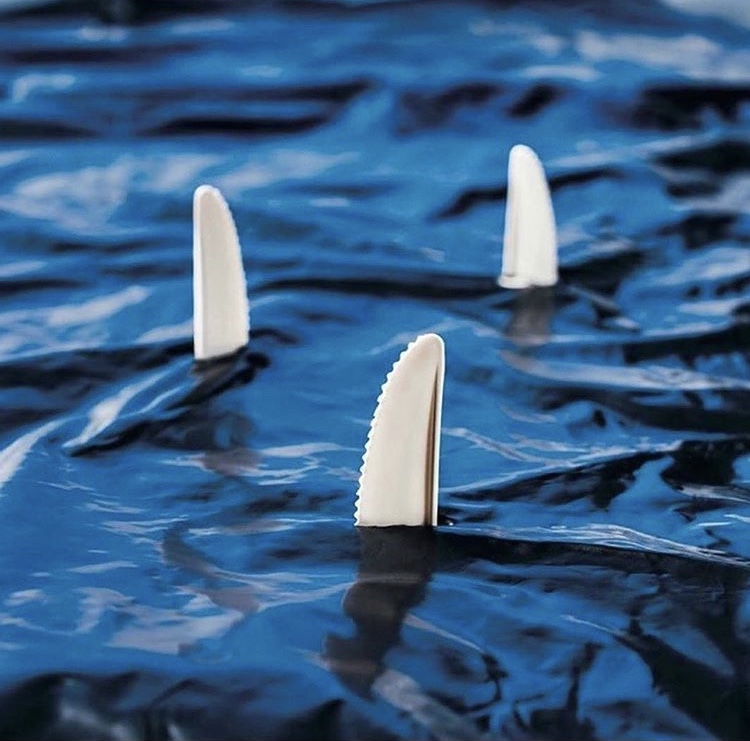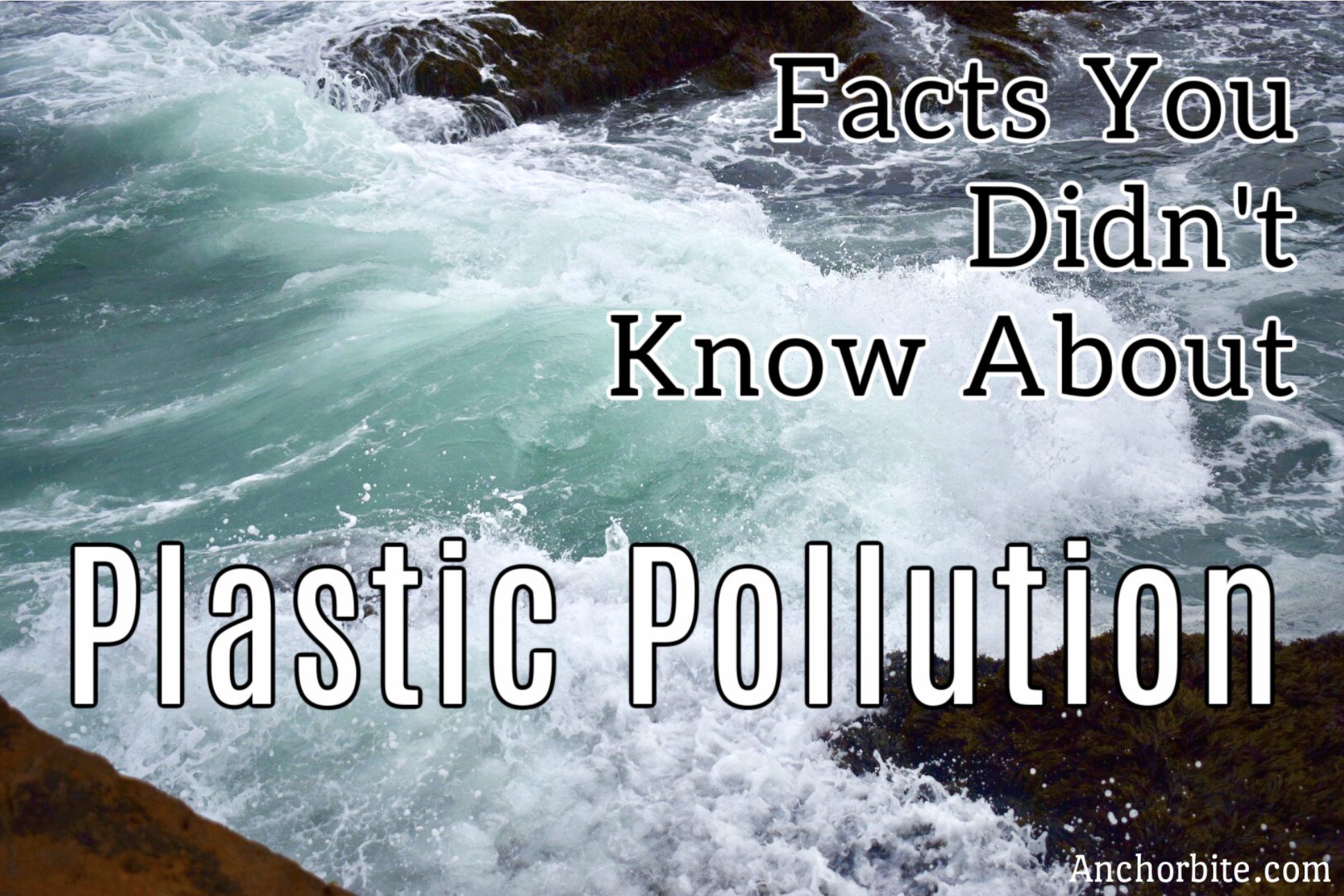“The greatest danger to our planet is the belief that someone else will save it.”
Robert Swan
The world population is living, working, vacationing, and standing at the front row of the biggest plastic waste tide ever.
Plastic pollution is negatively impacting our oceans and wildlife health.
Plastic pollution that you can clearly see on our beaches is just a quick look into the bigger story that unfolds further in the world oceans.
From marine life to birds to microorganisms, plastics has been greatly affecting life on shore and offshore.
The overwhelming amount of marine plastic debris goes beyond visual. Plastics range in size and microscopic sized plastics cannot just be scooped out of the ocean. The reality of plastic pollution holds serious consequences and it’s about to get worse from here. Here are facts about plastic pollution in our oceans.
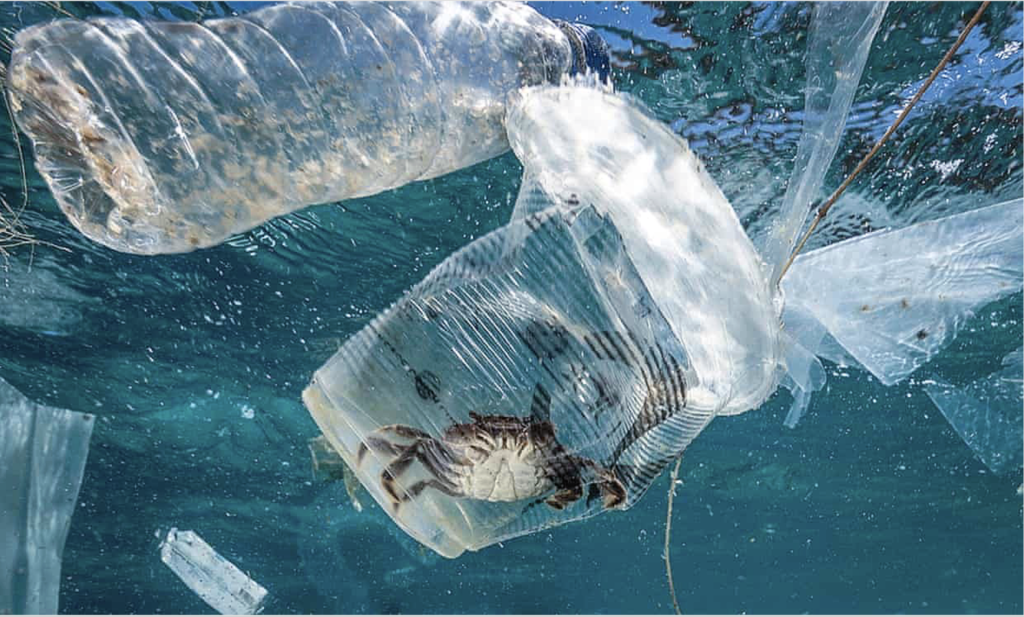
1.There are 150 million metric tons of plastic currently in the marine environment.
8 million metric tons of plastic ends up in the ocean each year.
This is equivalent to five grocery bags of plastic trash for every foot of coastline around the globe.
2. Plastics take years to decompose
- Plastic bottle: 450 years
- Fishing line: 600 years
- Styrofoam cup: 50 years
- Cigarette bud: 10 years
- Aluminum cans: 200 years
- Plastic beverage holder: 400 years
Plastic doesn’t always fully decompose. It slowly fragments into smaller pieces which end up into microplastics that never truly go away.
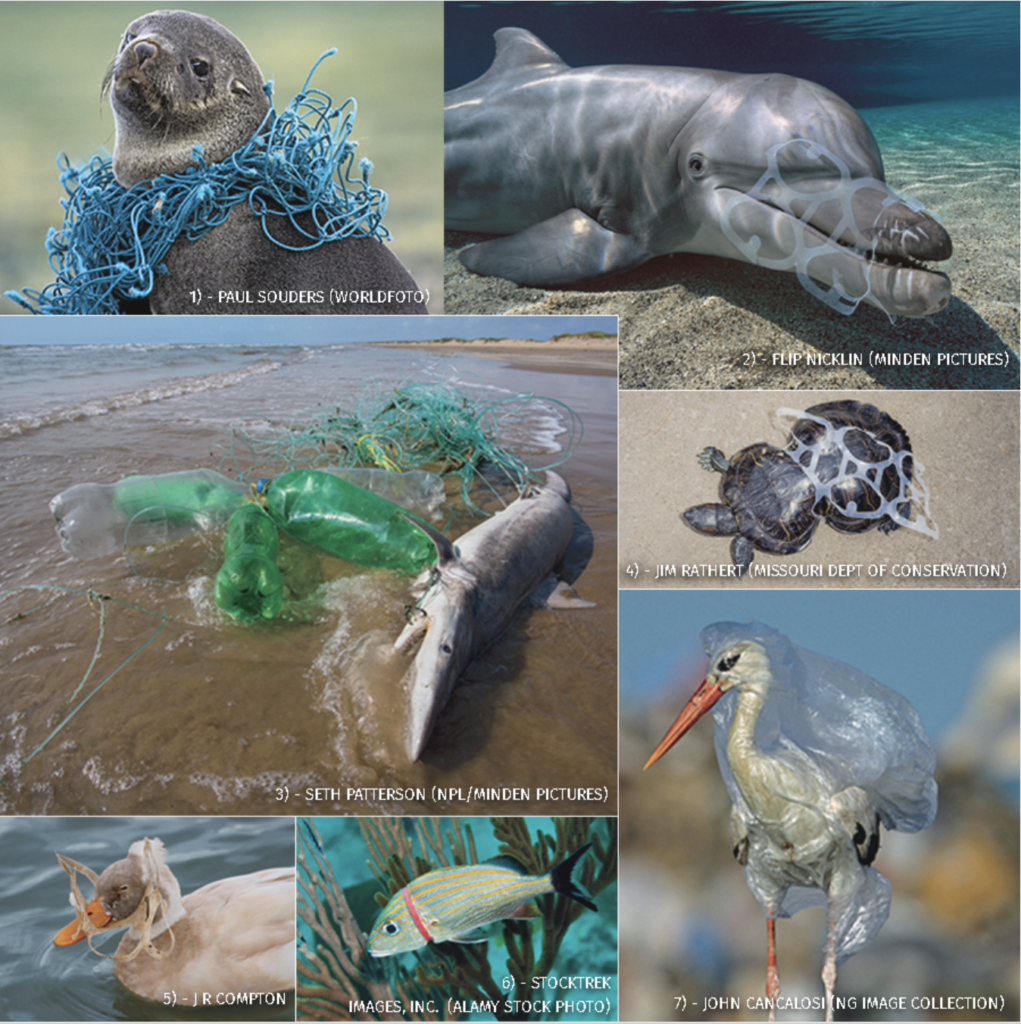
3. Plastic bags are used for an average of 12 minutes, but a single plastic bag has a life expectancy of up to 1,000 years
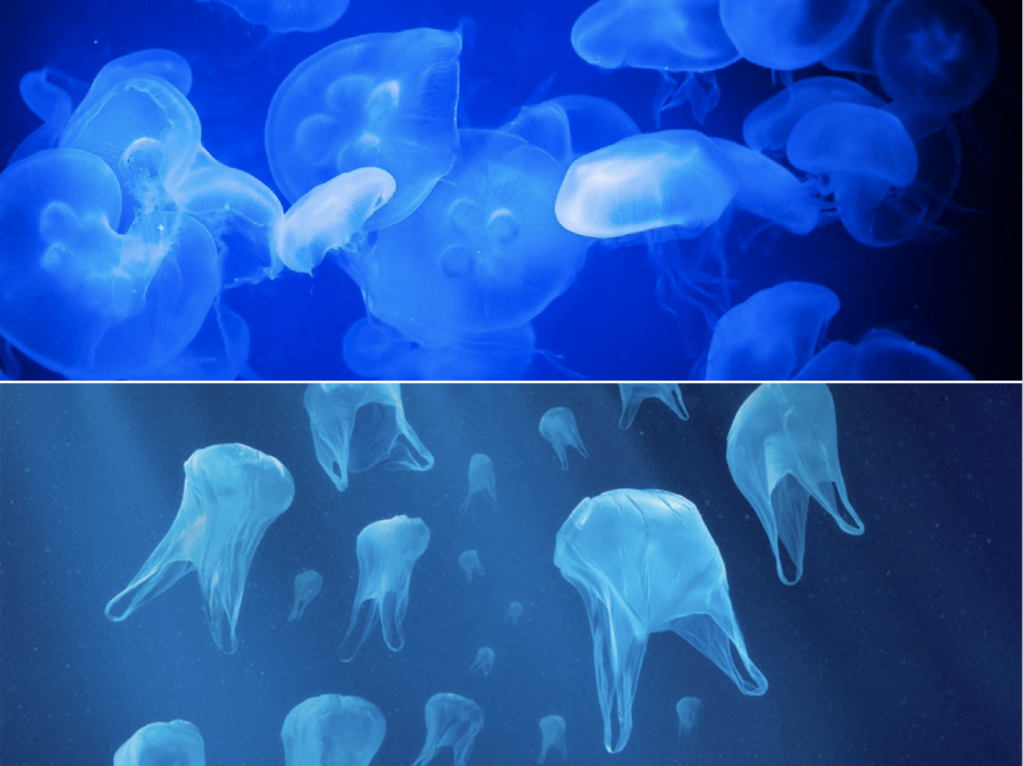
4. Most of the fish we eat have already consumed microplastics
1 in 3 fish caught for human consumption contains plastic in their guts.
This means that the ocean plastic is ending up inside of us. Plastic pollution threatens food safety and quality and human health.
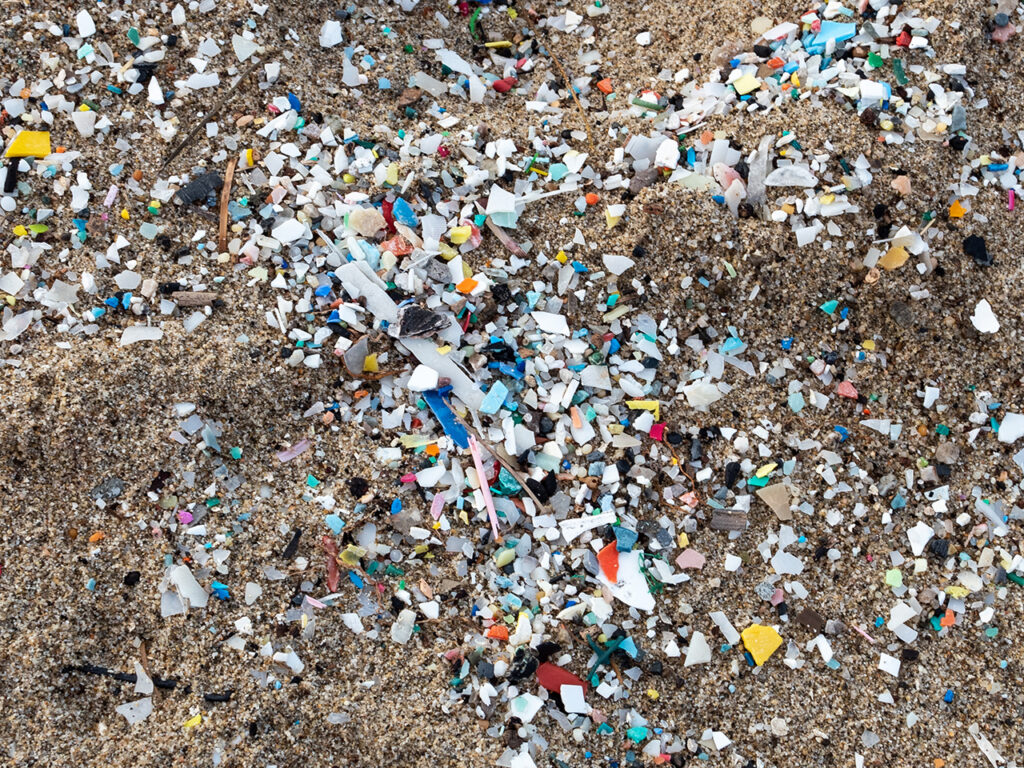
5. There are more microplastics in the ocean than there are stars in the Milky Way
There are as many as 51 trillion microplastics in the ocean, which is 500 times more than the number of stars in the sky.
6. Plastic has become part of the diets of many marine animals
Marine animals can’t distinguish a plastic item from food.
Animals who eat plastic often starve because they can’t digest the plastic and it fills their stomachs, preventing them from eating real food.
- 700 species of marine animals, including endangered species, have been effected by plastics.
- 1 in 3 species of marine mammals have been found entangled in marine litter.
- Microplastics have been found in more than 100 species, including fish, shrimp, and mussels (seafoods consumed by humans)
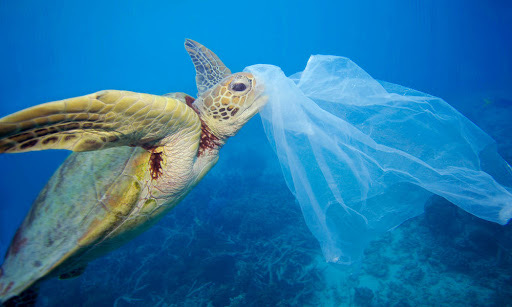
7. Nearly every species of seabird eats plastics
90% of all seabirds have plastic pieces in their stomach.

8. By 2050 plastic in the ocean will outweigh fish
Studies show that the ocean will contain 937 million tons of plastic and only 895 million tons of fish in 2050.
9. 80% of the sea’s surface is plastic waste
10. Plastic in the ocean can go as deep as 11 km into the ocean
This means that we have contaminated even the most remote places on earth.
